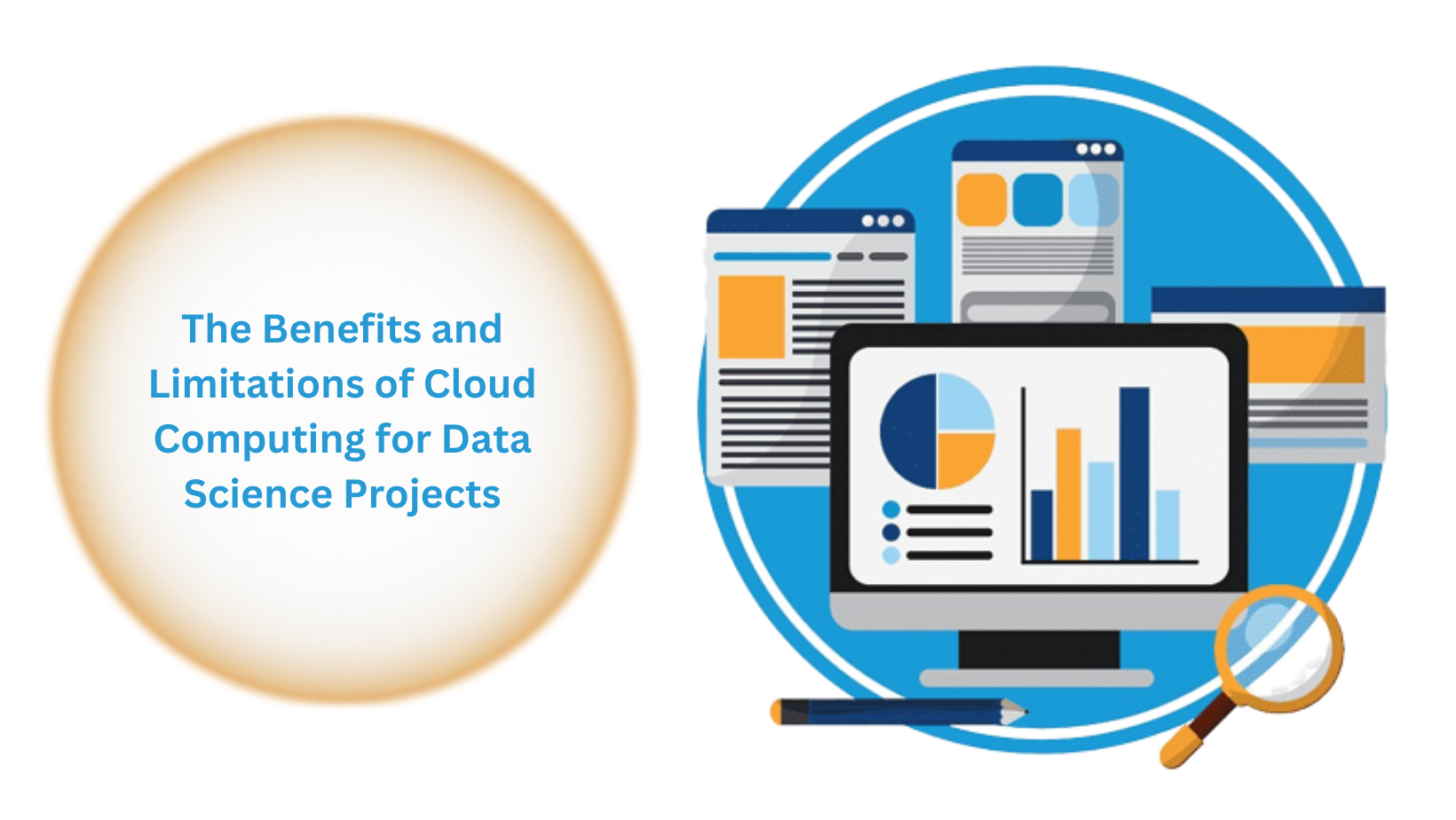



Data Science is a rapidly growing field of study concerned with the collection, organization, and analysis of large amounts of data. It involves extracting insights from raw data to make informed decisions. Data Science requires organizations to use powerful computational tools like Hadoop and Spark to process data faster and more efficiently. The result is that Data Science provides the basis for leveraging powerful AI-driven predictive analytics.
In addition to giving Data Scientists access to powerful resources, Cloud Computing also makes it easier for teams working on projects together by allowing them quick access to share datasets with one another. This enables efficient collaboration on complex tasks without relying solely on email for file sharing. In short, Cloud Computing makes it easier than ever for companies employing Data Scientists to take advantage of all the benefits offered by big data analytics.
Cloud computing and data science are two powerful technologies that can be combined to create effective solutions for data analysis. While they have different goals, their combination offers a wide range of possibilities for organizations to make data-driven decisions. However, there are challenges associated with combining these technologies. Data Science is a rapidly growing field and Kelly Technologies Data Science Training in Hyderabad is the perfect place to get started.
To properly integrate cloud computing and data science, it is crucial to understand their differences. Cloud computing involves deploying applications on remote servers, while data science focuses on analyzing large amounts of structured or unstructured datasets using techniques like machine learning algorithms or statistical methods. Successfully combining these two requires expertise in both areas and an understanding of how they work together.
However, there are challenges to consider when implementing solutions that utilize both technologies. Cost savings can vary depending on the application, scalability requires sufficient memory space, security measures must protect sensitive information, automation tasks like machine learning models need careful consideration, and memory usage optimization is crucial to avoid problems during execution.
In conclusion, by considering these factors before implementing solutions that combine data science and cloud computing, organizations can fully leverage the benefits of this powerful combination while saving time and money. It is important to consider all points before taking steps towards combining these technologies.
Data science and cloud computing are increasingly intertwined, with the power of cloud technology helping to accelerate data science projects. Cloud computing is a form of internet-based computing that provides remote access to shared storage, computer processing power, databases, and other IT resources. It offers several advantages for data science projects, including scalability, access to powerful tools, collaboration capabilities, and cost savings.
One of the main benefits of using cloud computing for data science projects is its scalability. It allows data scientists to quickly adjust the size of their computing resources as needed, based on the needs of the project. This means that teams can scale up or down quickly without needing to invest in new hardware or software licenses. Additionally, by utilizing cloud technology, they can leverage a wide variety of services such as machine learning algorithms that can provide insight into large datasets.
Cloud solutions also enable data scientists to work remotely, allowing them to collaborate more effectively and securely while saving time on configuring local setups or dealing with version control issues. Additionally, they have access to larger datasets through cloud storage solutions, reducing the need to move data between different locations for analysis purposes, thus allowing for faster insights into complex problems.
However, when using cloud technology for data science projects, organizations must consider not only its benefits but also some potential challenges, such as security implications, as well as understanding the cost implications associated with hosting applications in the cloud before committing their resources to building a solution around it. To effectively use this technology, organizations must develop strategies around deploying and managing their projects in order to maximize its value while minimizing risk. Ultimately, by leveraging this powerful tool, organizations can unlock greater insights from their data, enabling them to make better decisions faster than ever before.